Living in Paraguay: My Experience as an Expat
Introduction
When I first started visiting Paraguay a few years back, I had no idea that I would eventually call this country home. After spending the last year living in Paraguay full-time, I can confidently say that it’s one of Latin America’s best-kept secrets.
With its low cost of living, relaxed pace of life, and welcoming community, Paraguay offers a great lifestyle for expats from across the globe.
However, I find many people overlook Paraguay when considering a move abroad, but I’ve found that this country has so much to offer. From an easy residency process to a territorial tax system that benefits entrepreneurs, living in Paraguay comes with many advantages.
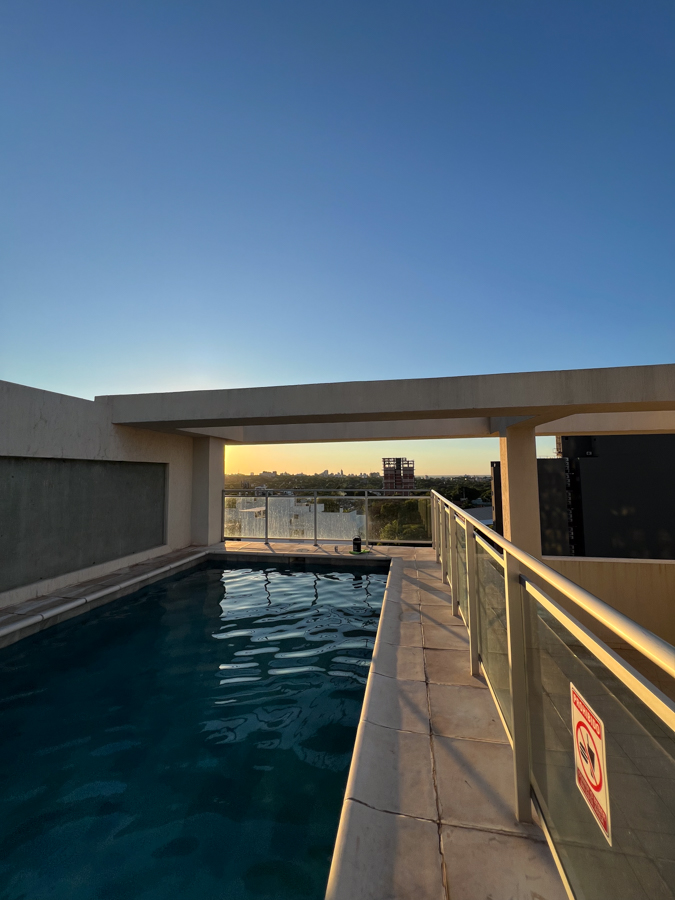
Of course, there are challenges too—bureaucracy can be frustrating, and the infrastructure is oftentimes still developing—but overall, my experience living in Paraguay has been quite positive.
In this blog post, I’ll share what it’s really like to live in Paraguay, from obtaining residency to banking, real estate options, healthcare, and daily life.
Whether you’re considering relocating or just curious about life in this underrated South American country, this guide will give you an insider look at what to expect from an expat living long-term in Asuncion.
Residency in Paraguay: How I Got My Residency
One of the reasons I decided to move to Paraguay was the ease of obtaining residency, and thus lowering taxes in Paraguay.
Many countries have complex, expensive, or restrictive residency programs, but Paraguay’s process is straightforward, and once you have it, you can even apply for tax residency in the country, with flexible stay requirements for holding tax residency.
Why Paraguay’s Residency Program Is So Appealing
One of the biggest perks of Paraguayan residency is the territorial tax system. This means that Paraguay does not tax foreign-sourced income, making it an ideal option for digital nomads, entrepreneurs, and retirees who earn money outside of Paraguay.
Having residency also makes daily life smoother—I can open a bank account, buy property easier, and stay in the country indefinitely without worrying about visa extensions.
For nomads and global entrepreneurs looking for an easy and affordable second residency option, Paraguay is one of the best choices out there. It’s one of the reasons I chose to make this country my home, and after living in Paraguay for a year, I can say it was absolutely the right decision.
Banking in Paraguay: My Experience Opening a Bank Account
One of the first things I needed to do after getting my residency was open a local bank account. While many expats simply withdrawal cash from the ATM using their foreign card every few months, its much easier to simply transfer funds abroad into your Paraguay bank account.
While Paraguay has a solid banking system (if you can get into it), it’s not as expat-friendly as other countries, and the process took more time than expected.
Read my full guide on banking in Paraguay for foreigners and expats.
How to Open a Bank Account in Paraguay
As a foreigner with residency, I was able to open a bank account, but the requirements vary depending on the bank. Most banks asked for:
- My Paraguayan residency card
- A local utility bill as proof of address
- A reference from an existing client (which can be difficult if you don’t already know someone with a local account)
- Proof of income or a local work contract (this wasn’t always enforced at each bank)
However with only the cedula, you can open basic bank accounts online at most major banks within Paraguay. These accounts have low limits, but offer some buffer for you to bring spending money into the country (see video above on Paraguay banking system).
Using the Banking System in Paraguay
Paraguayan banks operate quite differently from banks in North America or Europe. Banking hours are short, with branches often closing in the early afternoon.
Online banking is available, but not all banks offer all services digitally, so I still needed to visit a branch for certain transactions.
One major downside of the Paraguay banking system is that international money transfers can be slow and expensive. If you plan to send or receive money from abroad frequently, using services like Wise or a crypto-friendly financial service is likely a better option than traditional banks in Paraguay.
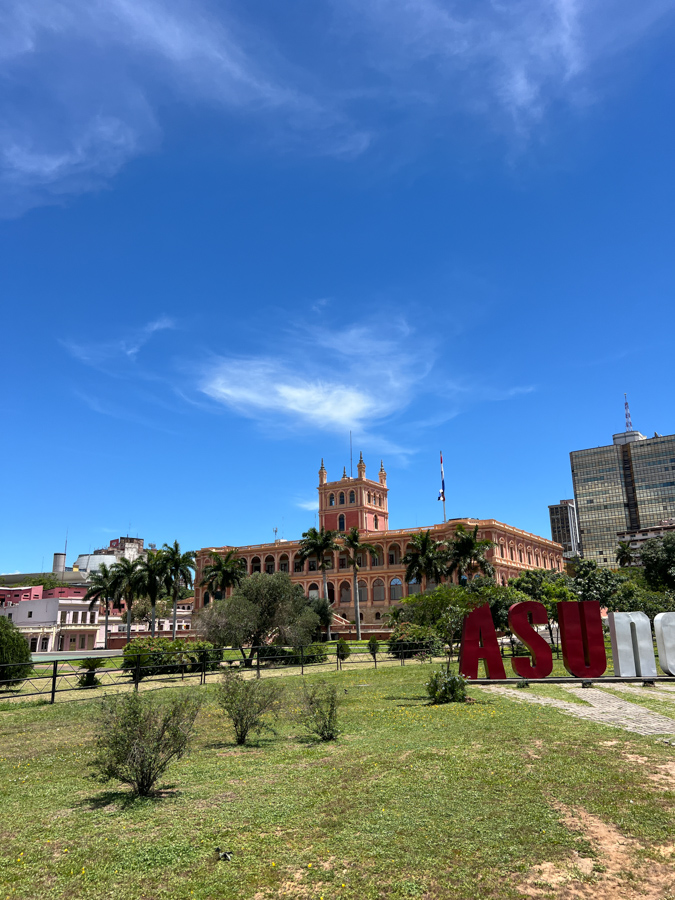
Renting and Buying Property in Paraguay
When I moved to Paraguay, I initially rented an apartment in Asunción to get a feel for the city before committing to buying property.
The rental market here in Asunción is quite affordable compared to other Latin American capitals, and I was able to find a nice one-bedroom apartment, fully furnished, in Villa Morra for around $750 USD per month.
You can find lower cost rental options, think around 300-400 USD, but those are likely not areas you are wanting to live in.
Renting in Paraguay
Finding a rental is fairly easy, especially in larger cities like Asunción, Cuidad del Este, or Encarnación.
However, there are a few things to keep in mind on this topic:
- Many landlords prefer long-term leases (6 months to a year is typically the minimum – otherwise, opt for Airbnb)
- Deposits are usually one to two months’ rent unless you have a Paraguayan citizen as a cosigner
- Utilities (electricity, water, internet) are often separate and relatively inexpensive (think 6 USD for the water bill)

One challenge I faced was that many landlords prefer cash payments rather than bank transfers. If you have a local Paraguayan bank account, even with its low limits, landlords are likely to accept a direct payment via an alias.
Check out this detailed article on the ins and outs of renting an apartment in Paraguay.
It’s also common for rental agreements to be informal, so you want to made sure to get everything in writing at the beginning, and even get the signed lease notarized if needed.
Buying Property in Paraguay
After living in Paraguay for a year, I started looking into buying property, as real estate here is much more affordable compared to the U.S. or Europe. Foreigners can buy property without restrictions, and I found that prices range from:
- $50,000 – $85,000 for a decent studio apartment in Asunción with central location
- $95,000 – $145,000 for a large one or smaller two bedroom apartment in Asunción with central location
One of the best aspects of buying property in Paraguay is that property taxes are LOW, usually just a few hundred dollars per year. The buying process can be bureaucratic, but having a good local lawyer in Paraguay makes life much easier.
Healthcare in Paraguay: My Experience with Medical Services
One of the things I was curious about before moving here was what living in Paraguay would be like in terms of healthcare. Now that I’ve been here for over a year, I can confidently say that the healthcare system is… okay. Let me explain.
Public vs. Private Healthcare
Paraguay has a public healthcare system, but most expats (myself included) prefer private healthcare due to shorter wait times and better facilities.
The public system is free, but hospitals can be crowded, older, and service is slower. Private hospitals and clinics, on the other hand, offer excellent care at a very affordable price.
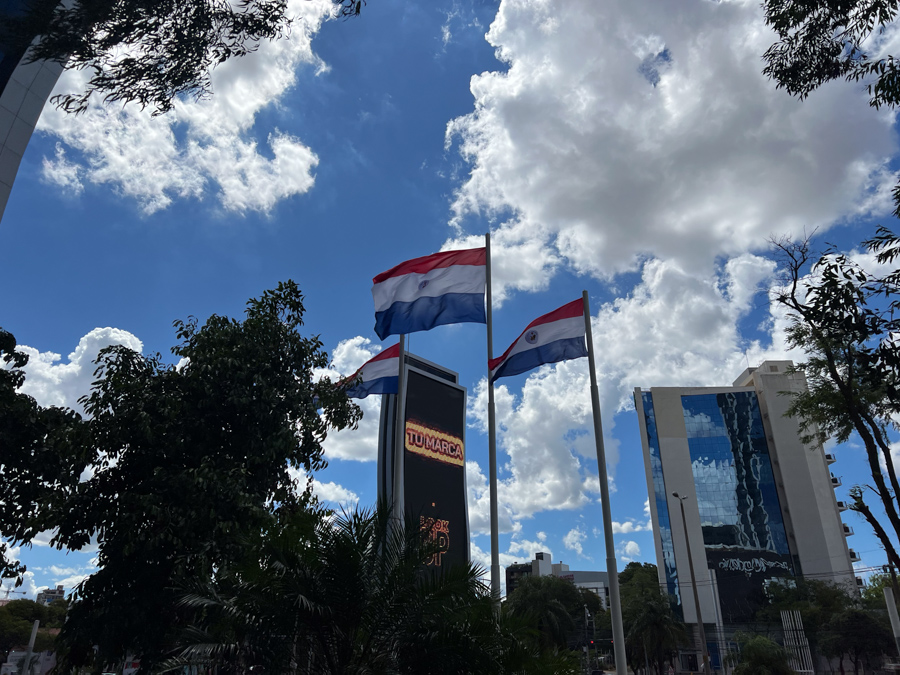
Some of the best private hospitals to visit as a foreigner in Asunción are:
- Sanatorio Migone – One of the most well-known private hospitals, offering a wide range of medical services.
- Sanatorio La Costa – Highly rated for specialists and emergency care.
- Hospital Bautista – A good balance between affordability and quality.
Cost of Healthcare in Paraguay
One of the best aspects of living in Paraguay is that healthcare is much more affordable than in North America or Europe (even in Canada, I would wait in lines for hours upon hours just to access the free healthcare).
A doctor’s consultation at a private clinic usually costs between $40-$70 USD (I’ve personally paid these prices for a private doctor consult), while specialist visits range from $50-$120 USD on average. Even major medical procedures and surgeries are significantly cheaper than in Western countries – however the healthcare in Paraguay is not ideal for a chronic or serious condition.
I will caveat this with the fact that many foreigners prefer to go to neighbouring countries like Uruguay or Brazil for more extensive treatments or surgeries. If you have a chronic condition, like cancer, Paraguay likely won’t be the best country for you, as you will constantly be travelling to neighbouring countries for quality treatment.
Personally, I’ve found healthcare in Paraguay to be efficient, affordable, and high-quality in the private clinics. I cant comment much on the public healthcare system, however with most private care clinics, you can expect a majority of the doctors to speak English.
Food Quality in Paraguay
One of my favorite things about living in Paraguay is the food. Whether you’re dining out at a restaurant or buying groceries, food is fresh, affordable, and high quality – especially the high-quality beef… which you can learn more about in this article.
Traditional Paraguayan Cuisine
Paraguay has a food culture different from its neighbouring countries in Latin America, with staples like:
- Asado – Paraguayan-style barbecue, usually beef or pork, cooked over an open flame and roasted for hours. Very succulent!
- Sopa paraguaya – A delicious cornbread with cheese and onions
- Chipa – A cheesy, chewy bread made with cassava flour, often sold by street vendors or in local restaurants
- Mbeju – A starchy pancake-like dish made from cassava (mandioca) and cheese
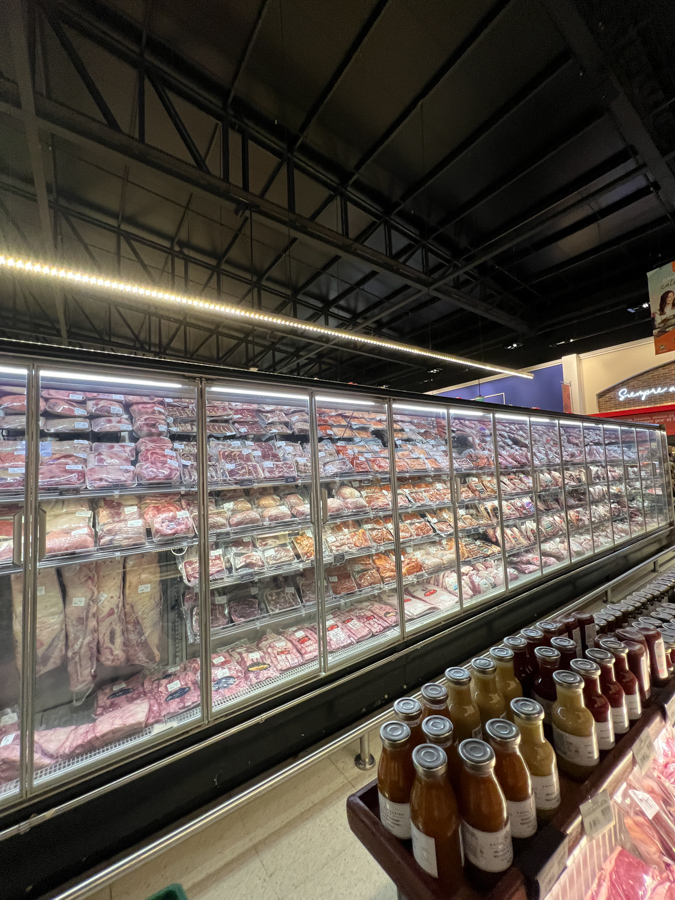
Grocery Shopping and Food Prices
Fresh produce is available year-round in Paraguay, and I’ve found that even imported items are reasonably priced compared to neighboring countries like Brazil, Argentina, and Uruguay.
Supermarkets like Superseis (the largest supermarket in the country), Casa Rica, and Biggie are great for everyday shopping, but for the freshest fruits and vegetables, I love visiting local ferias (markets) like Mercado 4.
🌎 Ready to Go Global?
Explore smart strategies for residency, banking, and diversification in Latin America and beyond:
- ✅ Book a Strategy Consult – Get personalized guidance tailored to your global lifestyle.
- 🇵🇾 Paraguay Residency Essentials Program – Fast-track your second residency with low taxes and no minimum stay.
- 🇺🇾 Uruguay Residency Essentials Program – Discover this stable, scenic option for long-term relocation.
- 💳 U.S. Banking for Non-Residents – Open U.S. accounts and access credit even if you don’t live in the States.
🌐 For sovereign individuals and digital nomads building a borderless life.
Eating Out in Paraguay
Dining out is also quite affordable, even in major cities in Paraguay. A meal at a casual restaurant costs around $10-$15 USD, while a nice dinner at a high-end restaurant can be $20-$40 USD per person. Some of my favorite restaurants in Asunción include:
- Tierra Colorada – Fine dining with local Paraguayan flavors
- Lo de Osvaldo – A must-visit for steak lovers
- El Café de Aca – The best spot for traditional Paraguayan breakfast and snacks – a must-try for foreigners while visiting Asuncion
Read more in this article about food prices you can expect and what you should be trying when living in Paraguay.
Final Thoughts: Is Living in Paraguay Worth It?
After spending a year living in Paraguay, I can definitely say that this country offers an easygoing, affordable, and safe lifestyle for expats. The low cost of living, friendly locals, and straightforward residency process make it an attractive destination for those looking to relocate from the West.
Of course, like anywhere, Paraguay has its pros and cons, but overall, I’ve found it to be a fantastic place to live longer term for many expats, myself included!
If you’re looking for a relaxed lifestyle, business opportunities, and a welcoming expat community, Paraguay is definitely worth considering.
If Paraguay isn’t for you (perhaps because of the extreme heat), I recommend heading north, and many expats love exploring Mexico. Merida is one of the safest cities in Mexico, and another country I lived in for the better part of a year.
🌎 Ready to Go Global?
Explore smart strategies for residency, banking, and diversification in Latin America and beyond:
- ✅ Book a Strategy Consult – Get personalized guidance tailored to your global lifestyle.
- 🇵🇾 Paraguay Residency Essentials Program – Fast-track your second residency with low taxes and no minimum stay.
- 🇺🇾 Uruguay Residency Essentials Program – Discover this stable, scenic option for long-term relocation.
- 💳 U.S. Banking for Non-Residents – Open U.S. accounts and access credit even if you don’t live in the States.
🌐 For sovereign individuals and digital nomads building a borderless life.
Yes, Paraguay is generally one of the safest countries in South America. While petty crime exists in some areas, violent crime is rare, and locals are friendly and welcoming.
A single person can live comfortably on $1,500-$2,500 USD per month in Asunción, including rent, groceries, and entertainment. In smaller towns, it’s even cheaper.
While basic Spanish helps a lot, many expats get by with minimal Spanish, especially in Asunción. However, learning the language will make life much easier.
Paraguay has both public and private healthcare. Private clinics offer high-quality care at affordable prices. Many expats choose private healthcare due to shorter wait times.
Yes Paraguay allows foreigners to buy land and real estate with no restrictions, making it an attractive place for investment.
Asunción is the most popular choice for expats, but Encarnación and Ciudad del Este are also great options, depending on your lifestyle preferences.
Yes, USD is widely accepted for large purchases like cars and real estate. However, daily transactions are done in Paraguayan Guaraní (PYG).
Paraguay has a growing expat community, and there are networking groups and social events where you can meet other foreigners. I recommend checking out the Paraguay Whatsapp and Facebook groups for this.

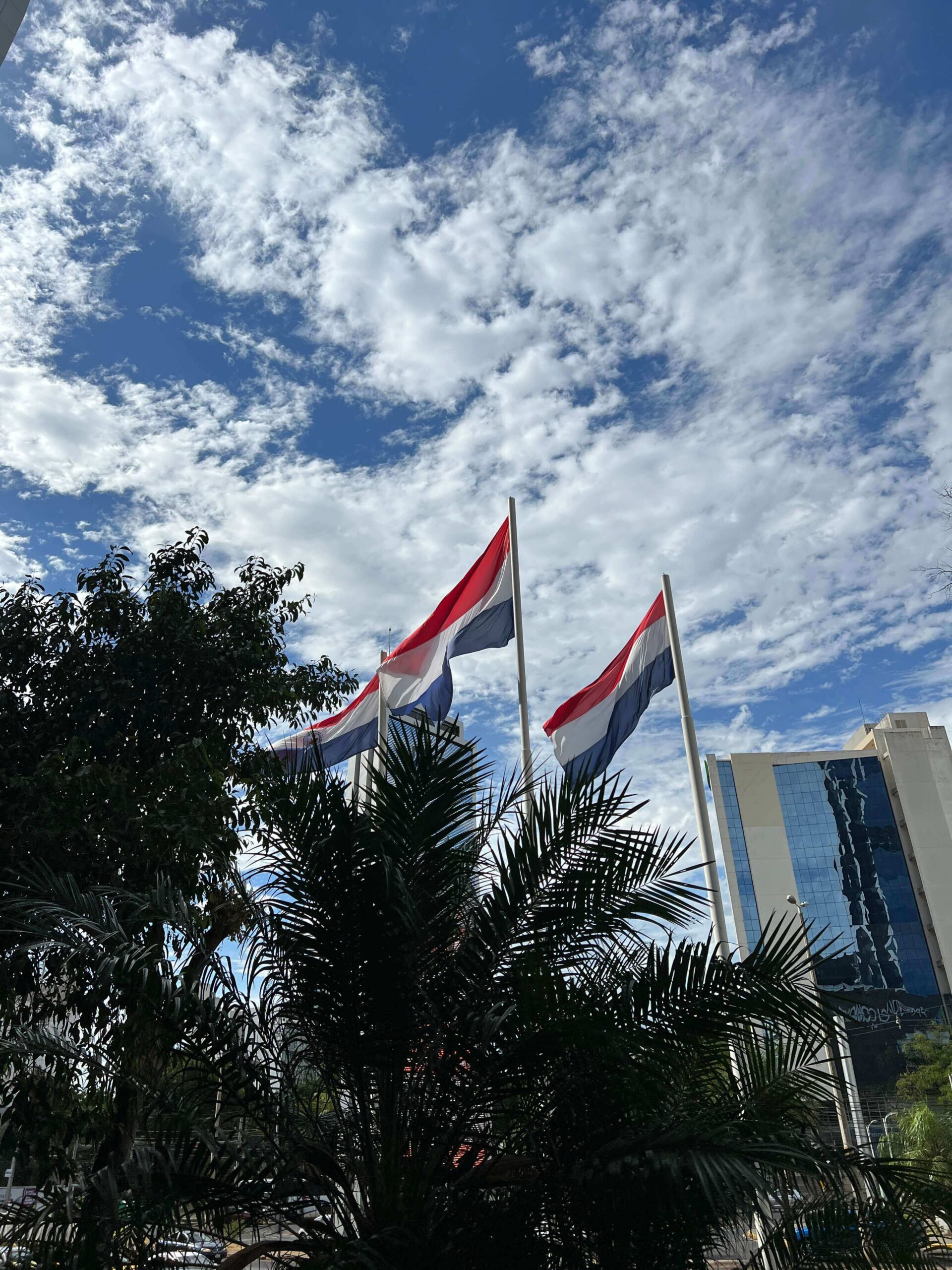
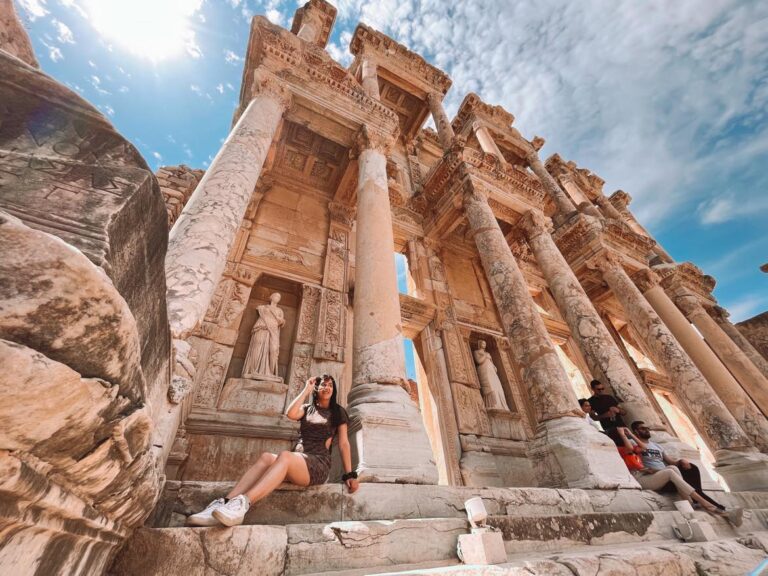
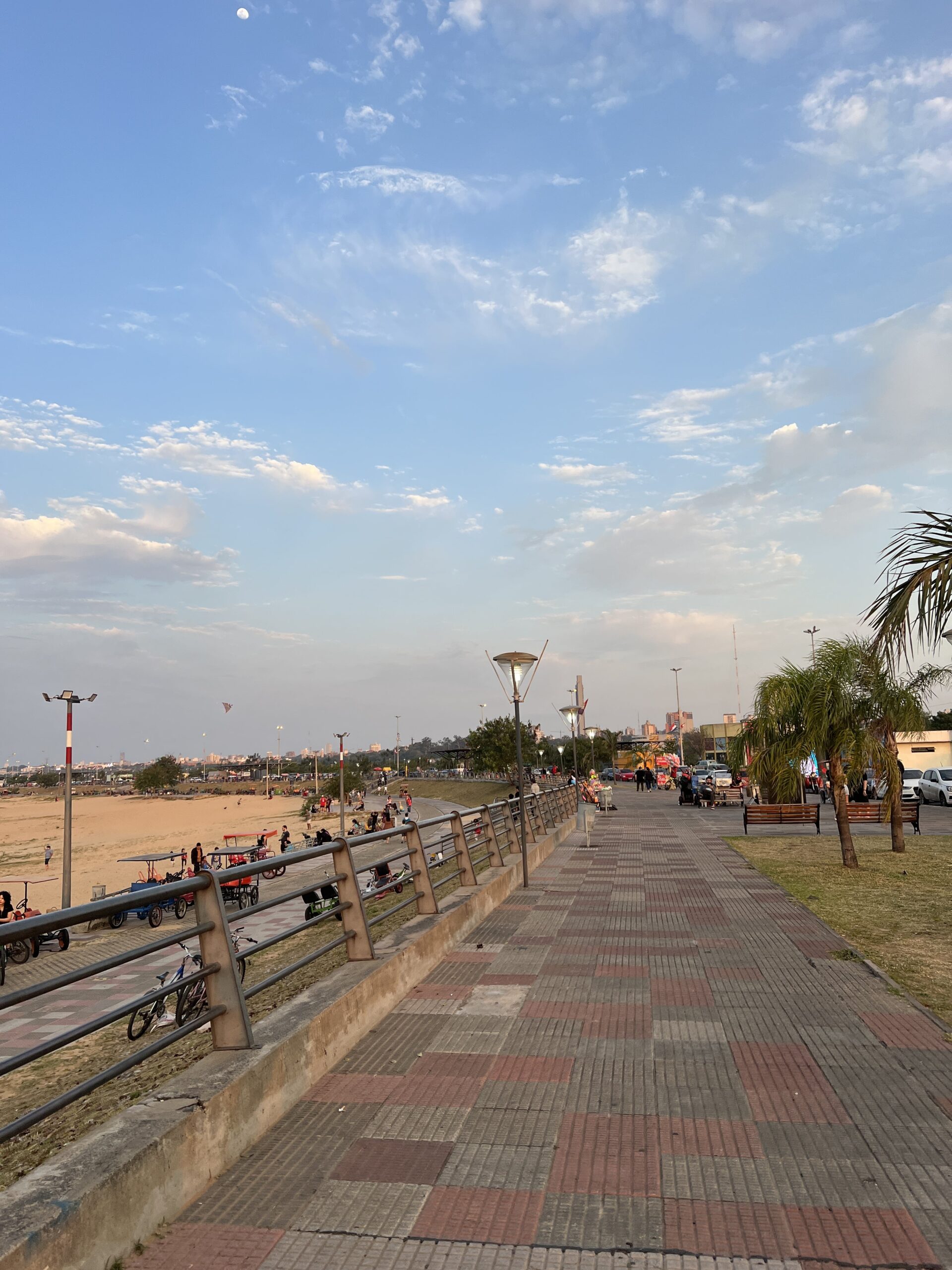
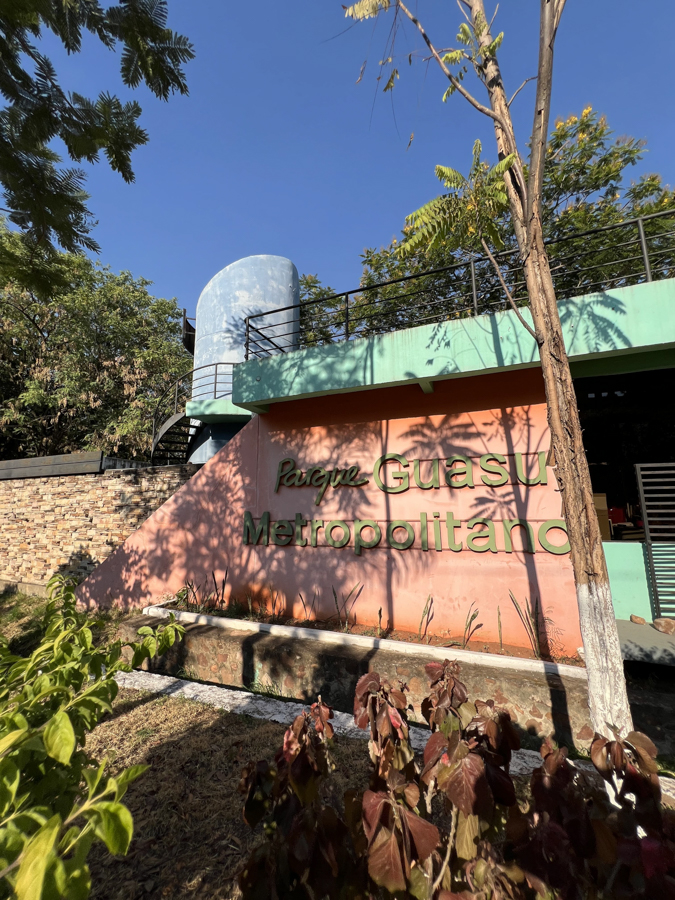
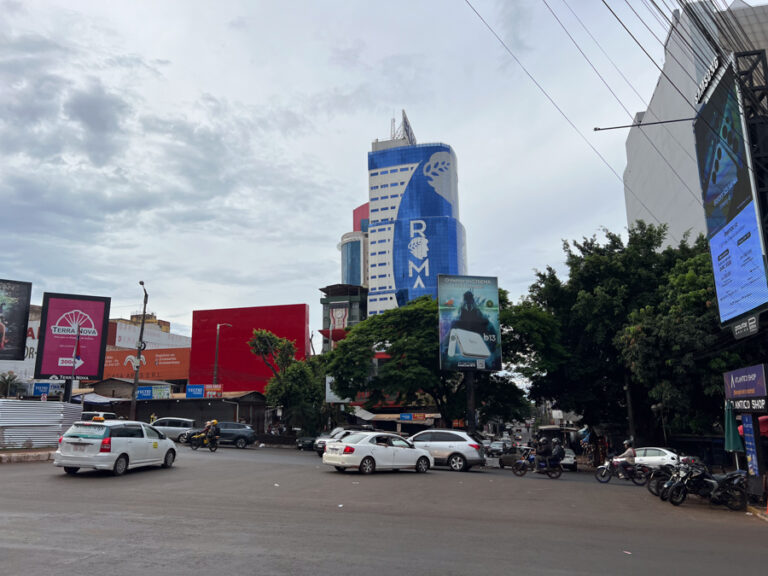
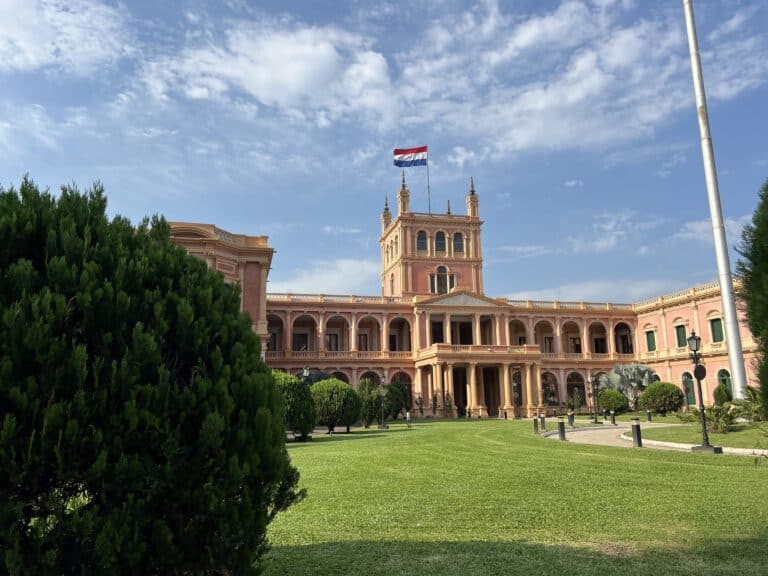
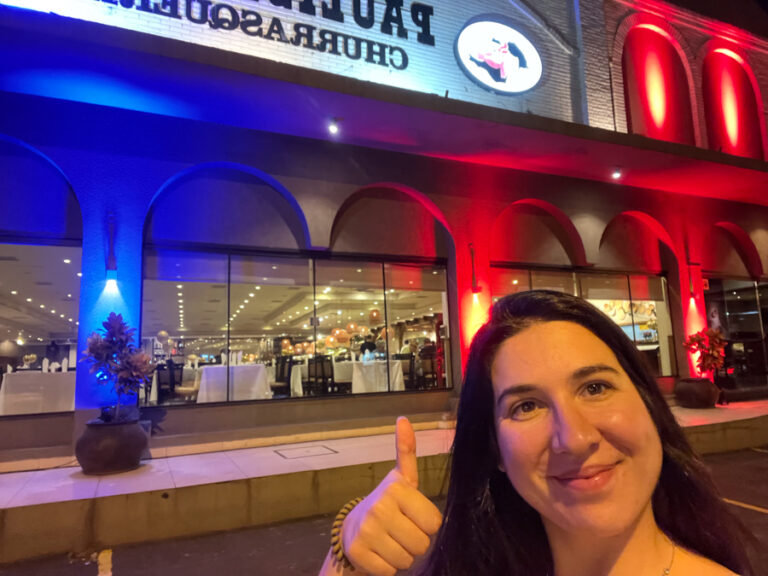
6 Comments